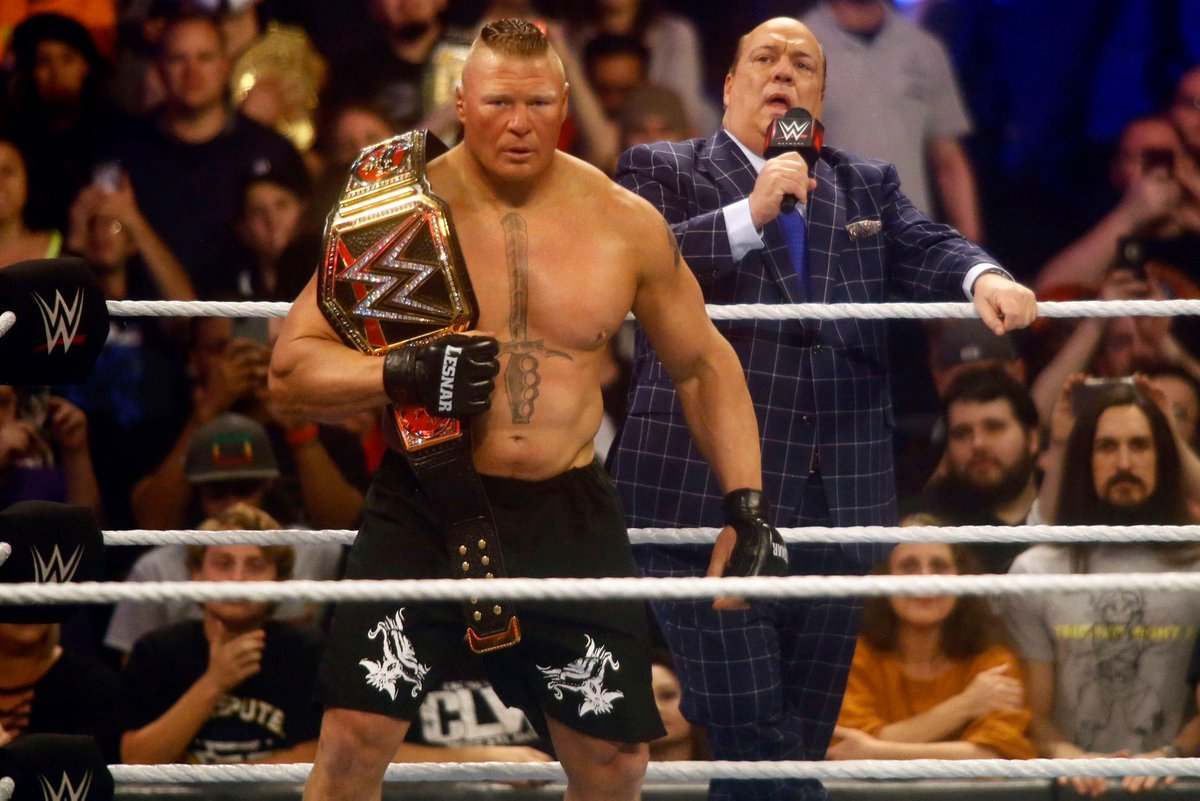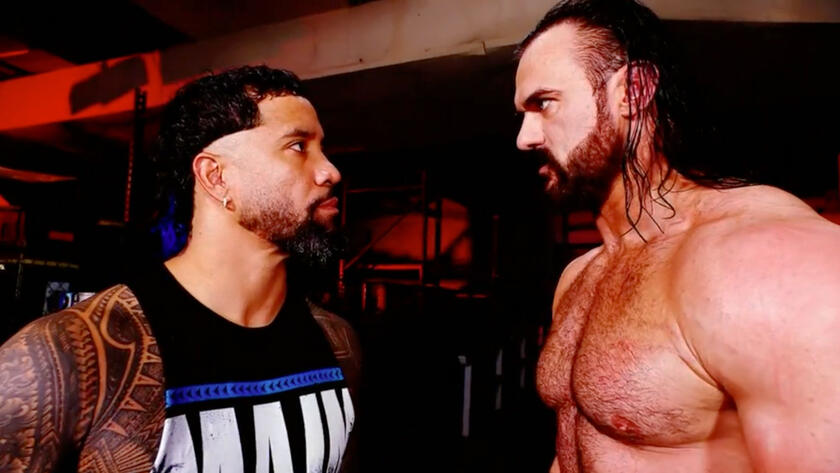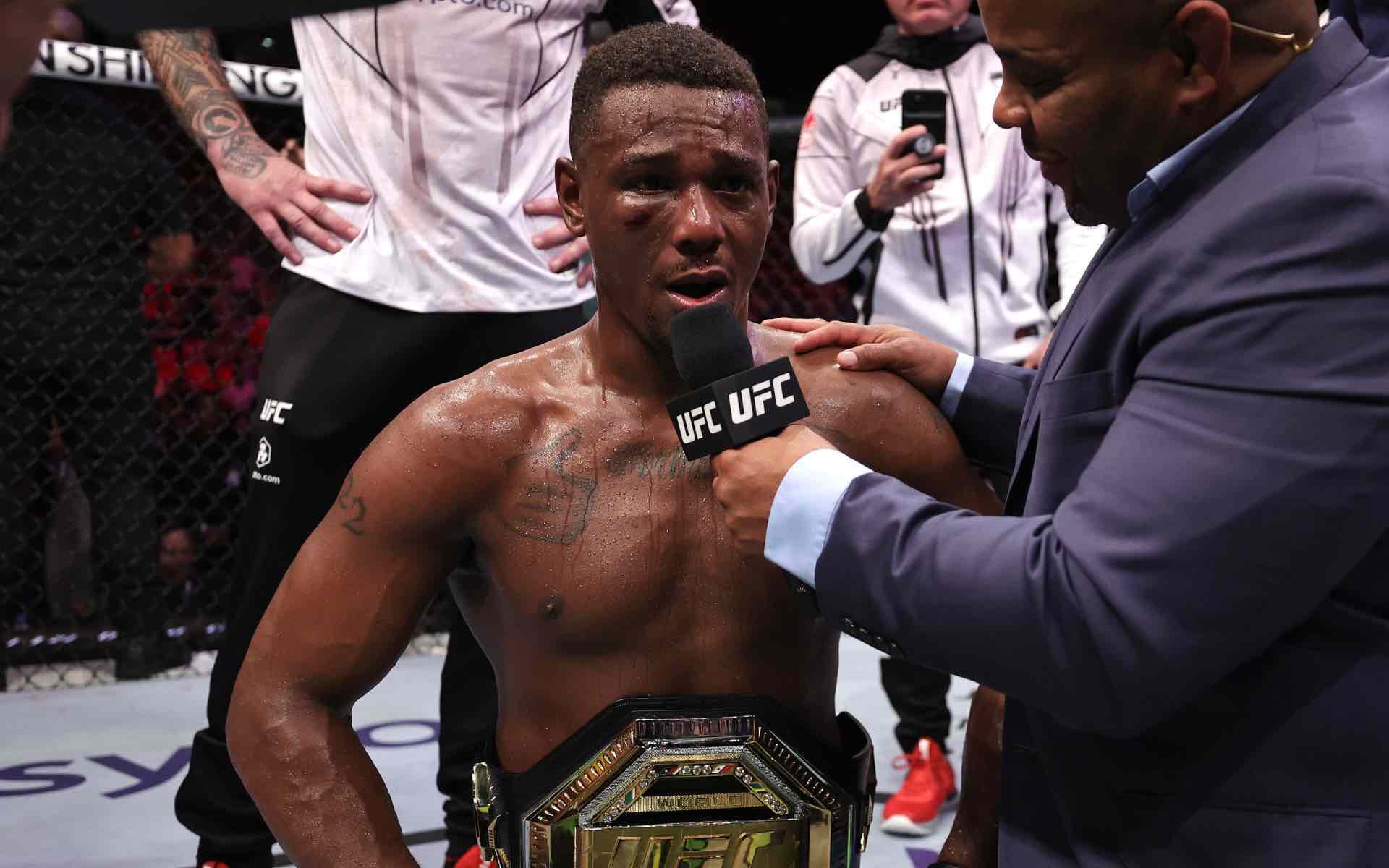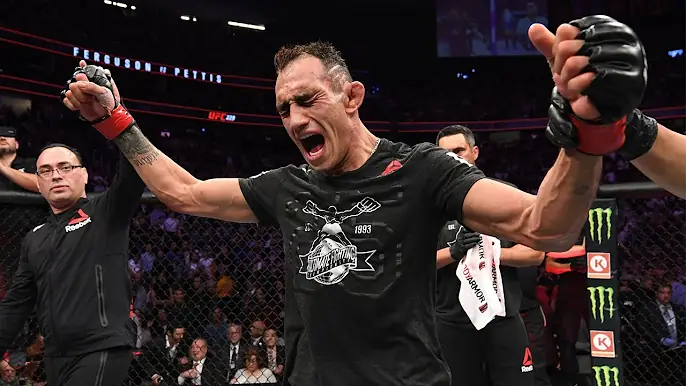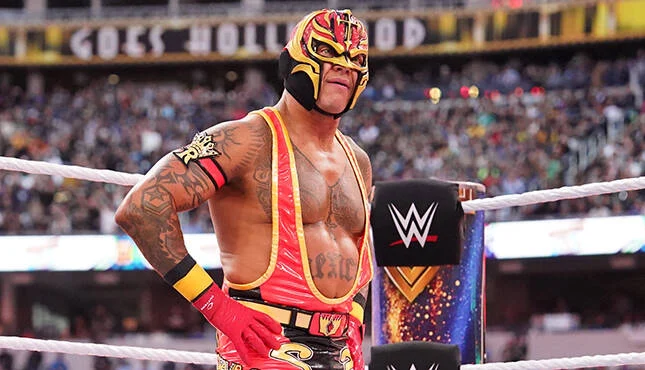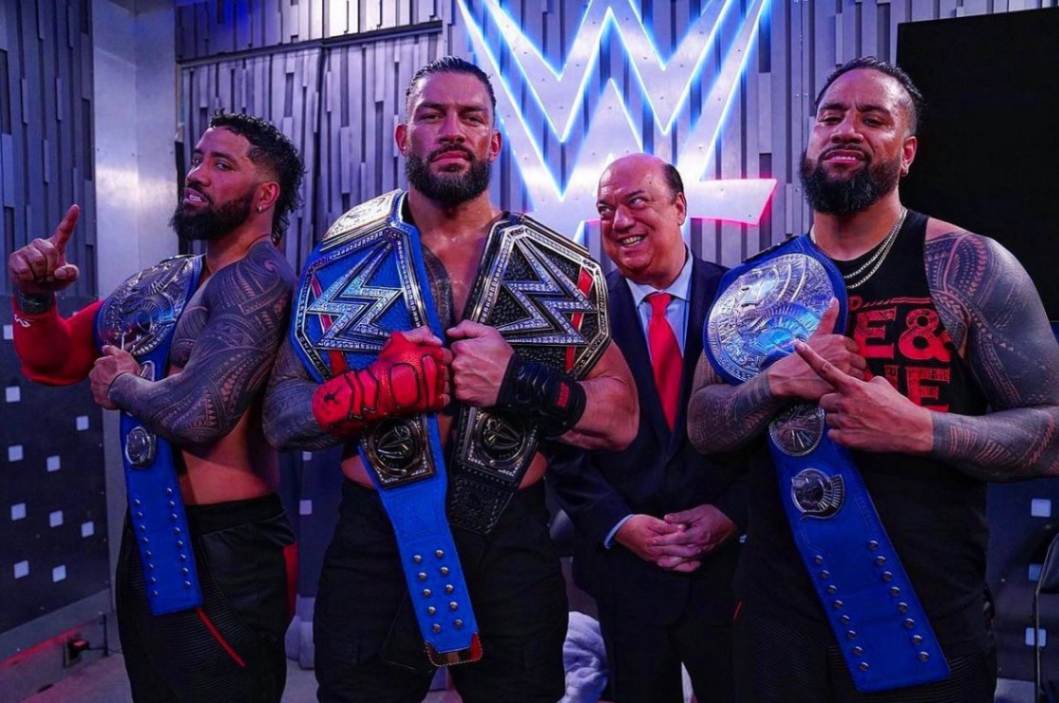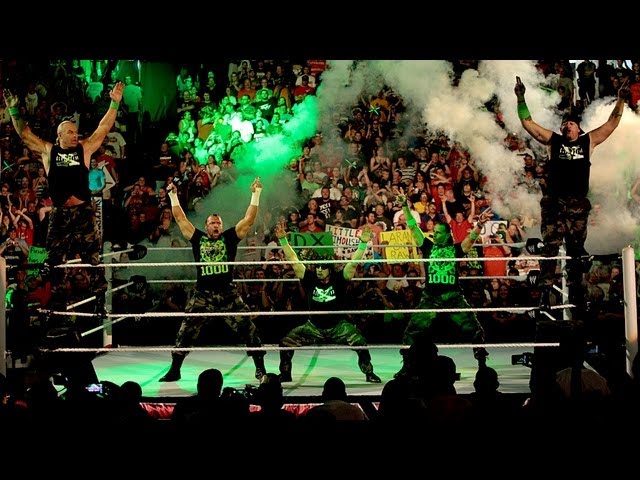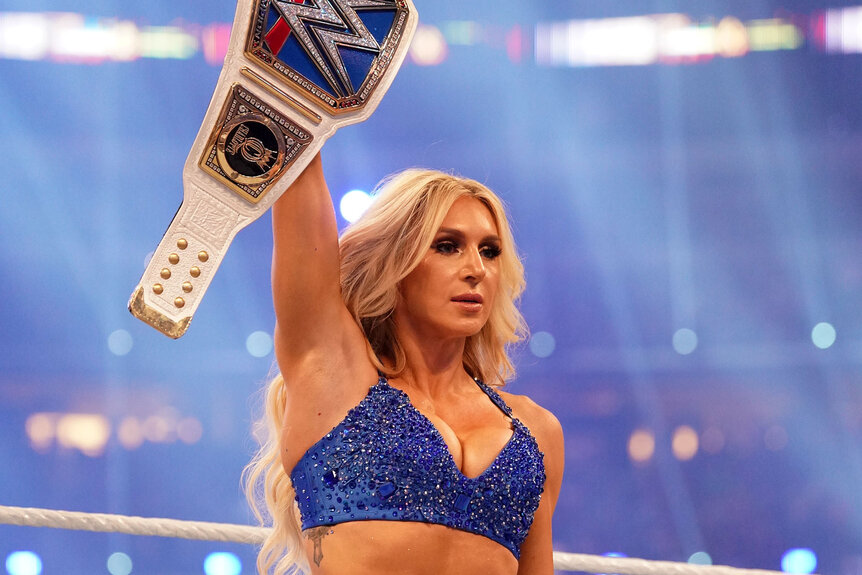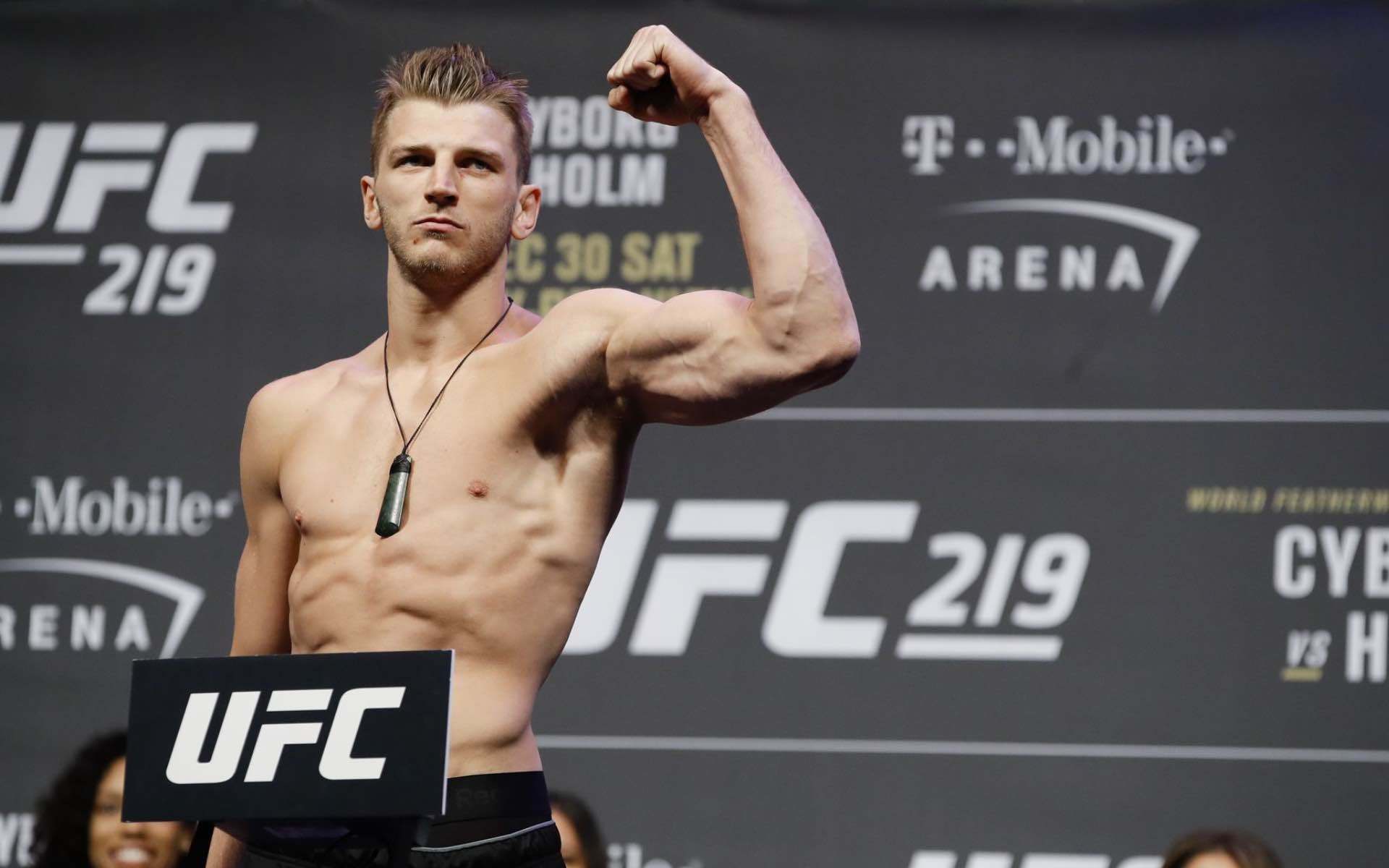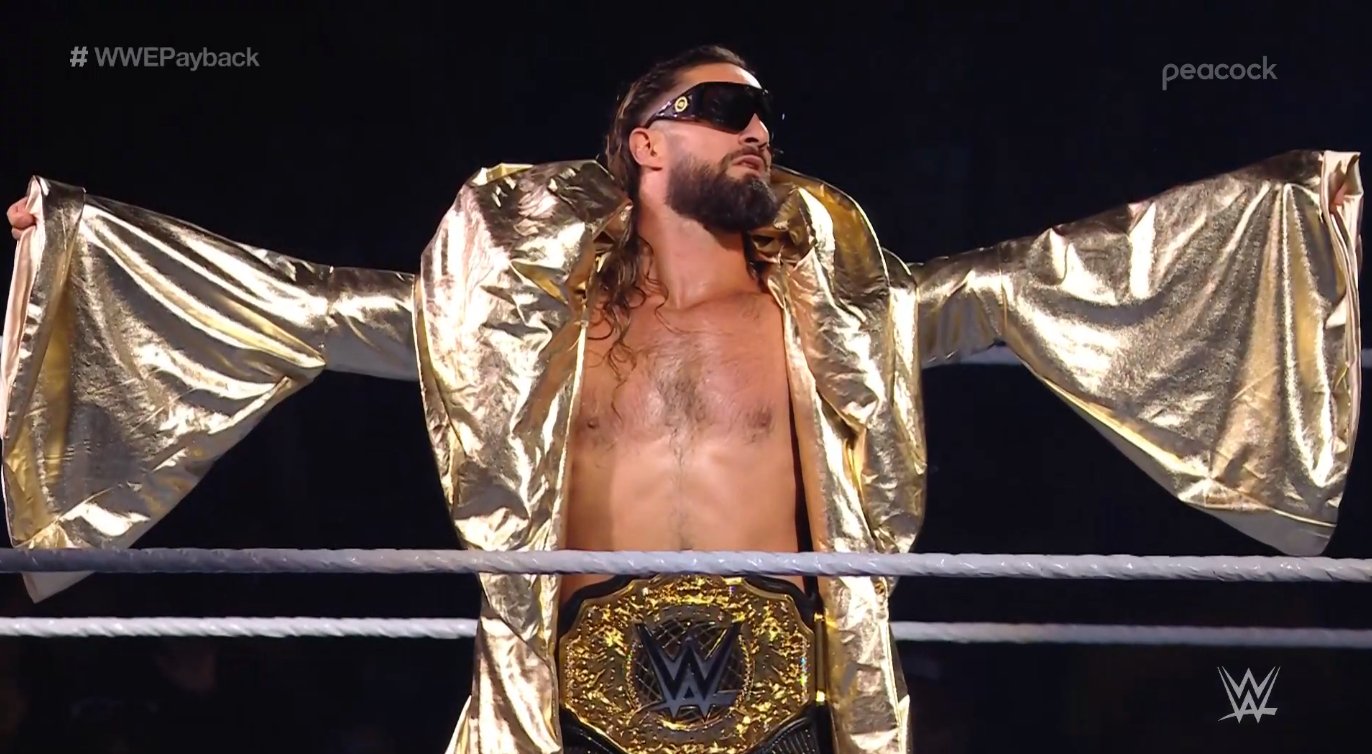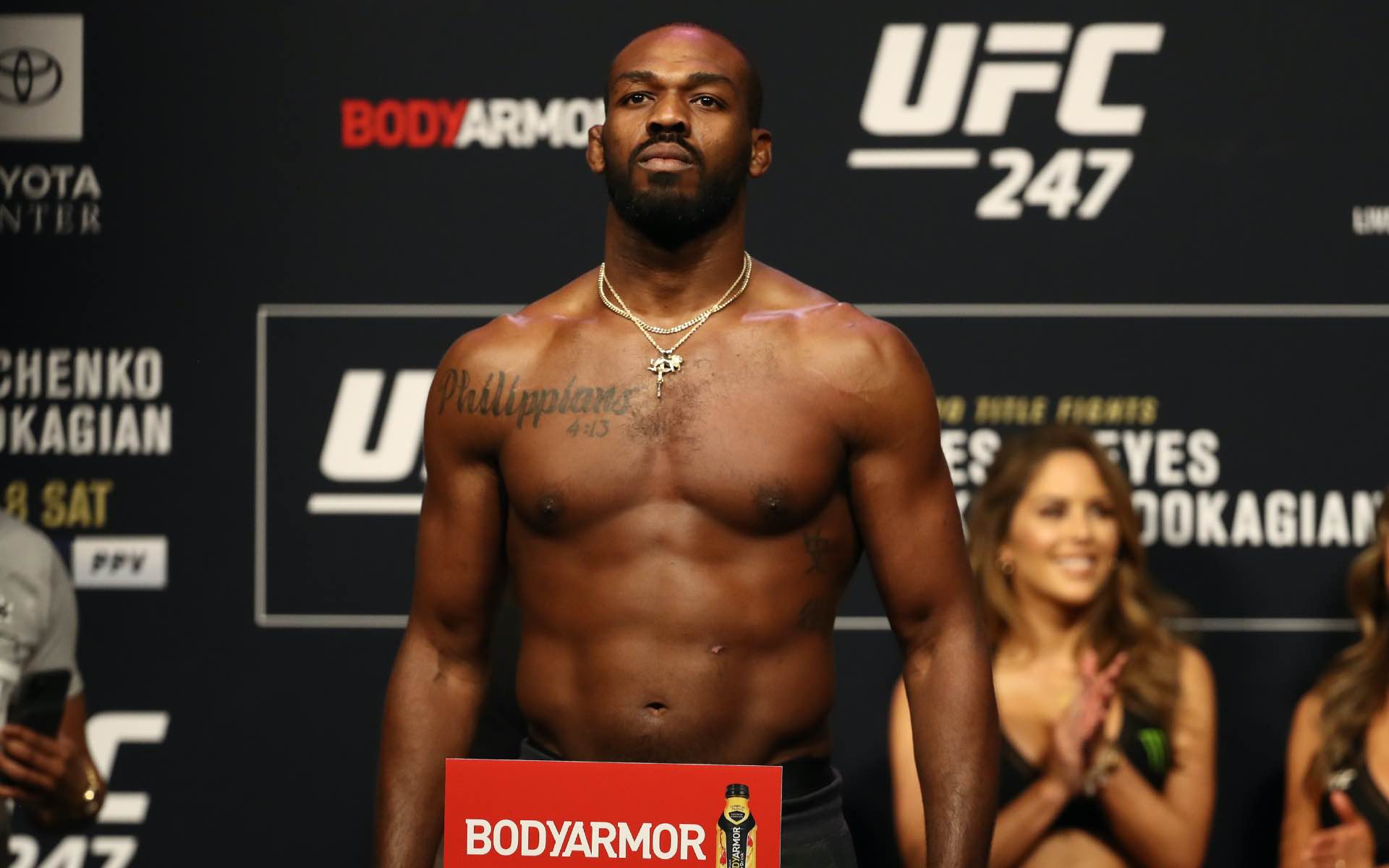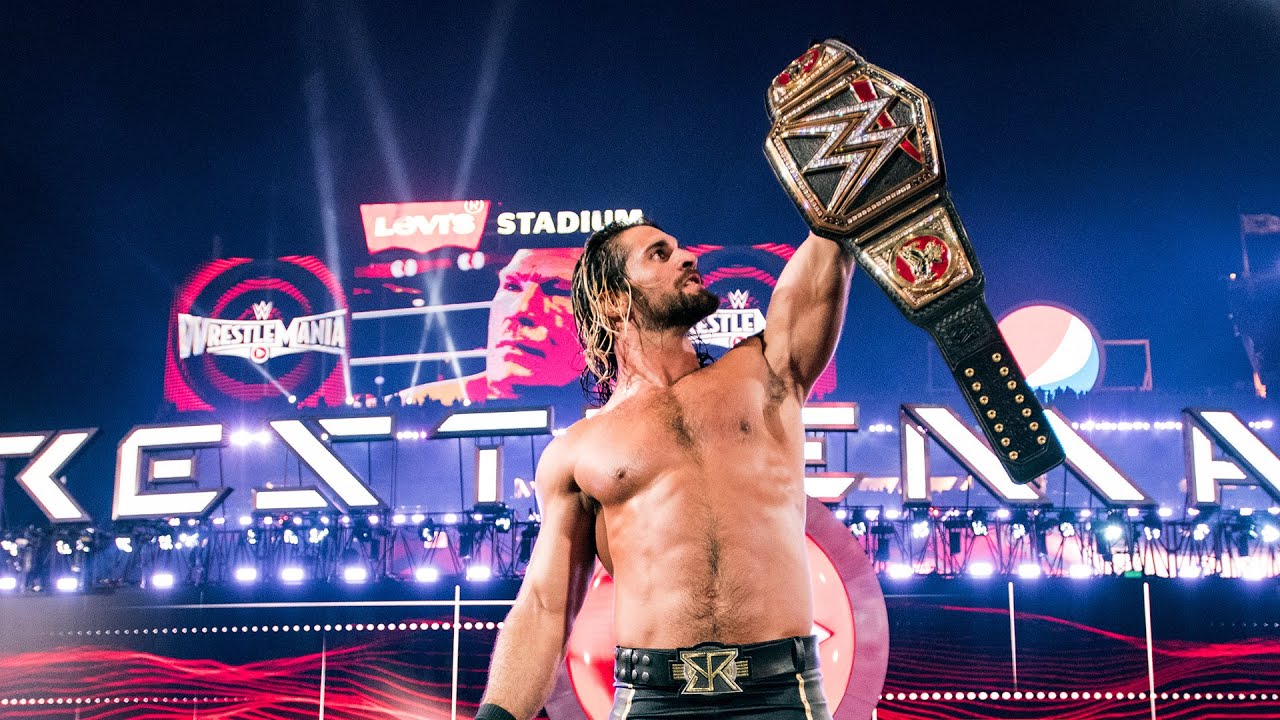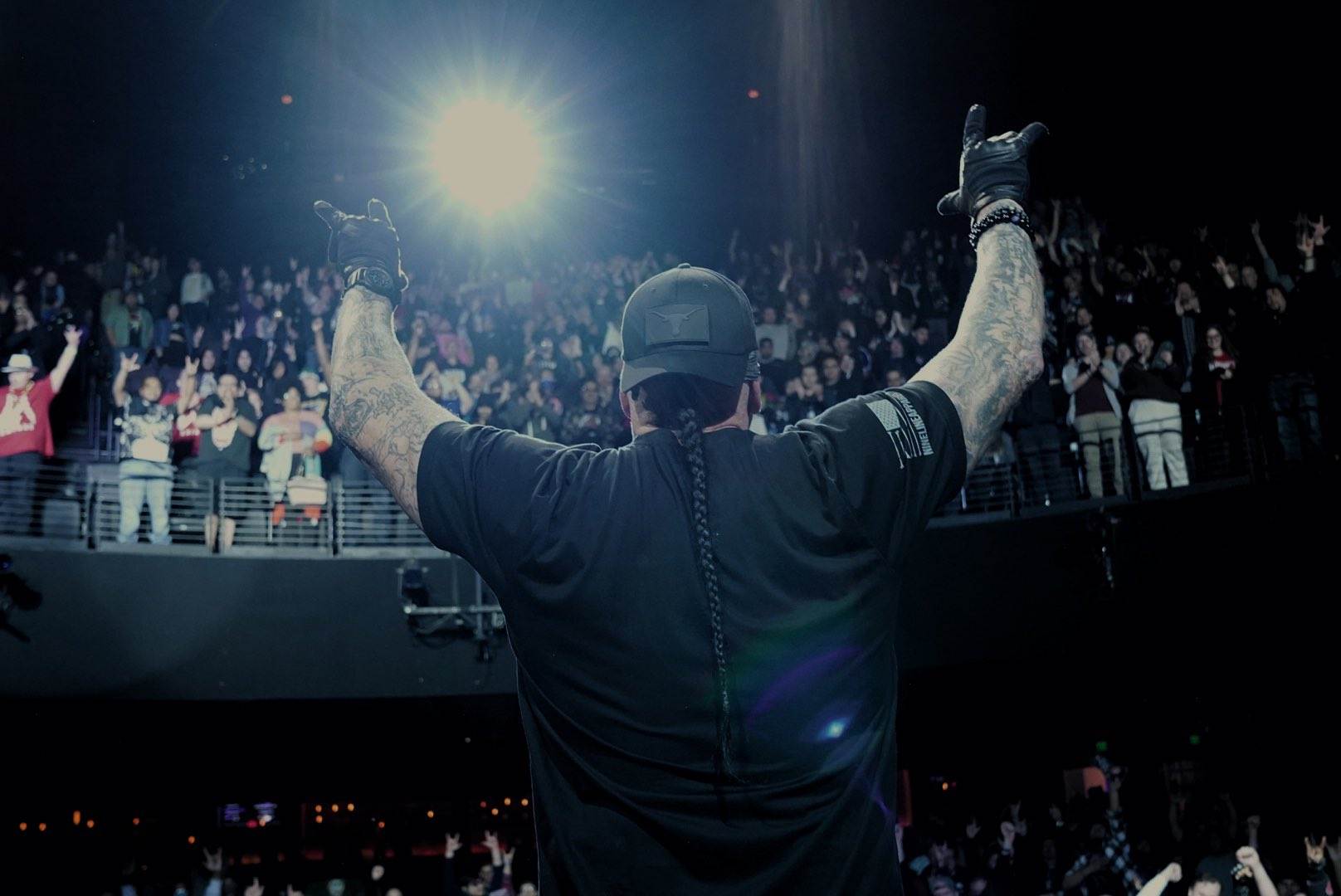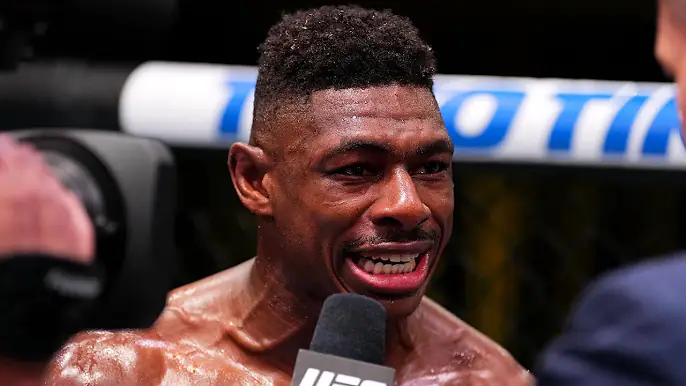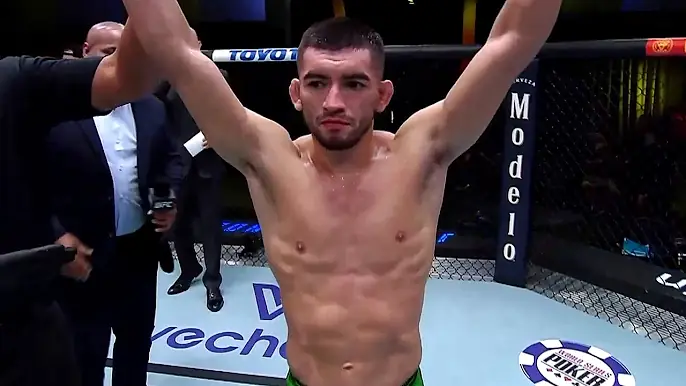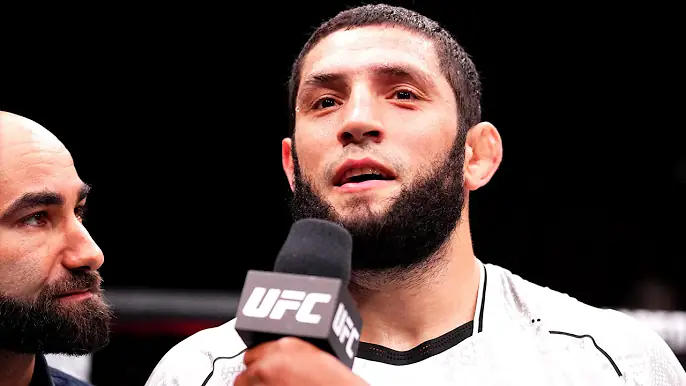Larry Zbyszko Believes Wrestling Needs New Attraction, Nobody Stands Out Like Brock Lesnar And Steve Austin
Larry Zbyszko, a WWE Hall of Famer, recently engaged in a revealing Q&A session on AdFreeShows.com, offering his insights into the world of professional wrestling. During this candid conversation, Zbyszko touched upon a pressing concern within the wrestling community: the need for fresh and magnetic talents who can capture the hearts of fans, similar to the legendary Brock Lesnar and Stone Cold Steve Austin. In this comprehensive article, we delve into Zbyszko’s observations and his call for the emergence of new wrestling icons.
The Wrestling Legend’s Long-Standing Career
Larry Zbyszko’s wrestling journey spans numerous decades, giving him an invaluable perspective on the evolution of the industry. Throughout his career, Zbyszko has witnessed the rise and fall of wrestling stars, the shifts in wrestling styles, and the ever-changing fan dynamics. His unique experience places him in an ideal position to comment on the state of contemporary professional wrestling.
Brock Lesnar: A Modern-Day Phenomenon
During the Q&A session, Zbyszko couldn’t help but express his admiration for Brock Lesnar, a figure who left an indelible mark on the wrestling world. From the moment Lesnar burst onto the scene, he exuded an unparalleled aura that instantly captivated fans and fellow wrestlers alike. Zbyszko’s acknowledgement of Lesnar’s larger-than-life presence underscores the profound impact that extraordinary talents can have on the wrestling landscape.
Stone Cold Steve Austin: A Paradigm of Wrestling Success
Another wrestling icon Zbyszko referenced was Stone Cold Steve Austin. Austin’s journey from relative obscurity to becoming one of the most iconic and beloved figures in wrestling history is a testament to the power of charisma and relatability. His rebellious attitude, captivating promos, and no-nonsense in-ring style made him a true trailblazer and fan favorite. Zbyszko’s mention of Austin highlights the enduring legacy of wrestlers who connect with audiences on a deeply personal level.
The Quest for Fresh Wrestling Attractions
Zbyszko’s commentary transcends nostalgia for the legends of the past; it reflects a genuine concern for the future of professional wrestling. He contends that the wrestling industry is at a crossroads, desperately in need of new attractions—individuals who can replicate the success of iconic figures like Lesnar and Austin.
In an era where fan engagement and viewership are paramount, the emergence of captivating new talents is not just desirable but necessary for the industry’s continued growth. Zbyszko’s call for the creation of these “new big star attractions” emphasizes the significance of innovation and evolution within wrestling.
A Glimpse Into Zbyszko’s Return to the Ring
During the Q&A, Zbyszko also shared personal insights into his own return to the wrestling ring in the mid-’90s. His motivation to step back into the squared circle stemmed from a desire to restore elements of wrestling that he felt were fading away. He expressed frustration with the overuse of clotheslines and slaps in matches, which he believed detracted from the psychological and storytelling aspects of wrestling.
Zbyszko’s match with William Regal stood out as a prime example of how wrestling could be engaging without relying on repetitive moves like clotheslines. This return to a more psychology-driven style of wrestling served as a compelling demonstration of the importance of storytelling and in-ring psychology in captivating the audience.
The Call for Wrestling’s Renaissance
Larry Zbyszko’s candid remarks provide valuable insights into the wrestling industry’s current challenges and the pressing need for fresh, magnetic talents. As wrestling enthusiasts and promotions alike search for the next Brock Lesnar or Stone Cold Steve Austin, it becomes increasingly apparent that the future of professional wrestling hinges on the emergence of new icons who can redefine the industry and resonate with audiences worldwide. In an ever-evolving landscape, Zbyszko’s call for innovation and storytelling prowess remains a poignant reminder of wrestling’s enduring appeal and potential for renaissance.
